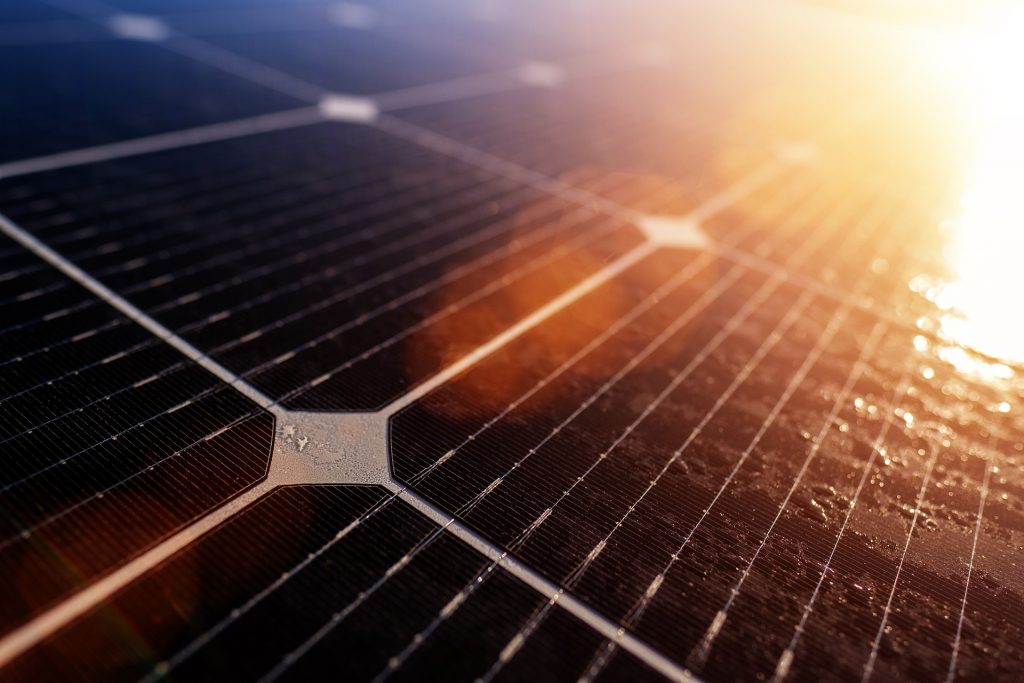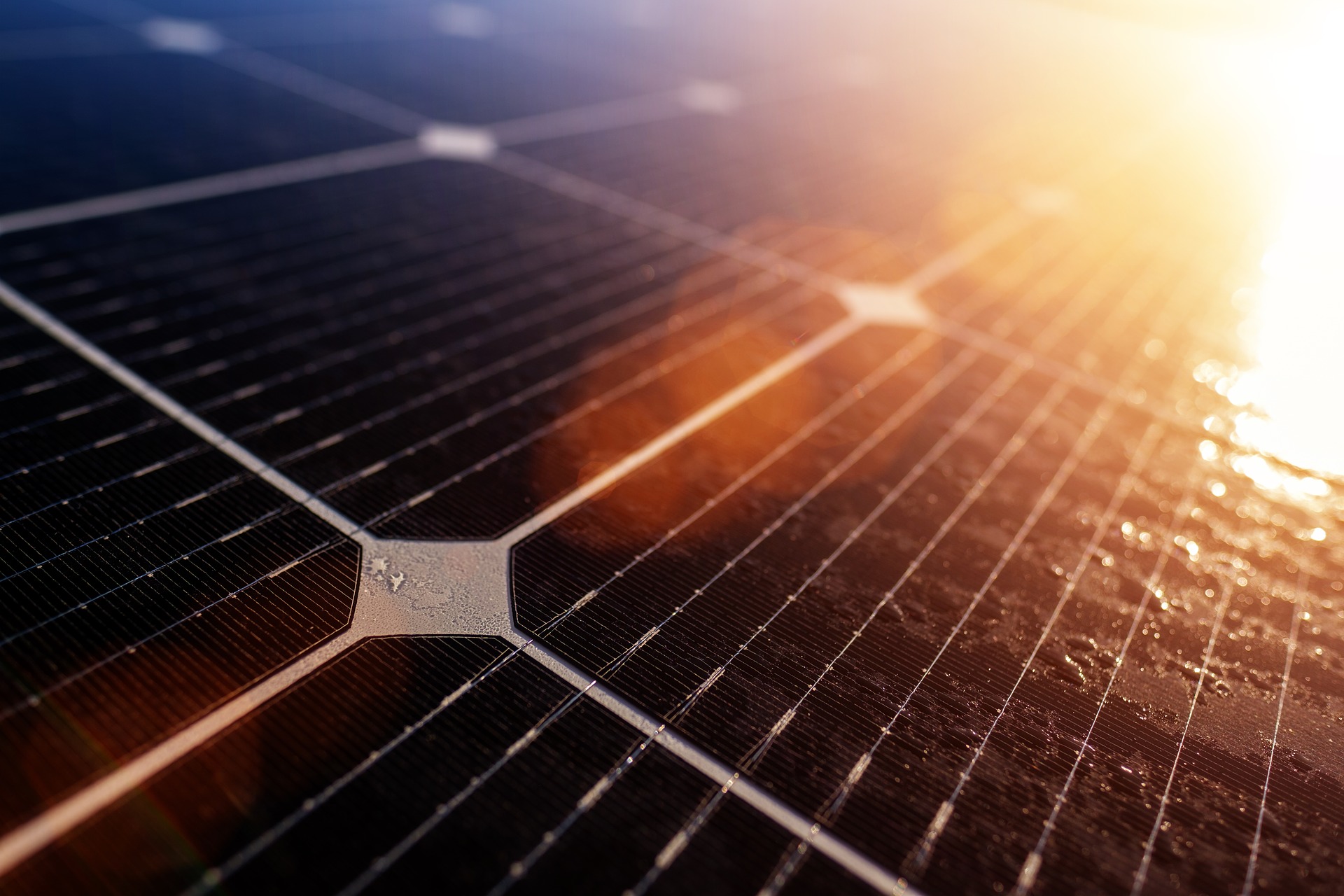TEA@SUNRISE has been selected by the UK Government’s Foreign, Commonwealth and Development Office (FCDO) to lead the Ayrton Challenge on Next Generation Solar. This is one of twelve Challenges which are the focus of the Ayrton Fund, a commitment by the UK Government to spend up to £1 billion of Official Development Assistance on the research, development, and demonstration of clean energy technologies and business models for developing countries over five years.
The goals for the Next Generation Solar Ayrton Challenge are to:
- Enable new, locally manufacturable solar supplies for an equitable and just energy transition.
- Enable new, transformative business models and implementation methods such that sustainable solar is affordable and available.
As the lead, TEA@SUNRISE will provide structure and focus to the Challenge, support coordination between partners, and assemble a leadership group of sector experts.
The various Ayrton thematic challenges target technology priorities that are important for the achievement of the UN’s Sustainable Development Goal 7 (ensure access to affordable, reliable, sustainable and modern energy for all) and Sustainable Development Goal 13 (take urgent action to combat climate change and its impacts.) Other Ayrton Challenges include Zero Emission Generators, Clean Transport, and Critical Materials.
The leadership group for Next Generation Solar
As Ayrton Challenge lead, we have convened a leadership group from across the sector, capable of identifying opportunities and challenges for next-generation solar in Africa, Asia, and the Indo-Pacific region. Our first leadership group meeting in May was attended by several experts in solar technologies and energy access from across academia, industry, and other private sector partners. The meeting was a successful introduction to the Ayrton Fund, the twelve Ayrton Challenges and the tasks underway through the TEA@SUNRISE project. It also enabled the group to contribute to the Next Generation Solar Ayrton Challenge Plan, which captures the priority areas of focus and coordination for activity which is (or could be) supported by the Ayrton Fund, or is happening elsewhere in the sector more widely.
The leadership group’s purpose is to create momentum and attract new collaborations in the field of next-generation solar. They will support partners working under the Ayrton Fund and beyond to coordinate with each other, and help us coordinate with others externally.
Crucially, they will help identify thematic and geographical focuses for the greatest impact, and ensure that the scale of our efforts are at a meaningful level to make next-generation solar affordable and available to low- and middle-income countries.
Why next-generation solar?
Solar is the most widely available domestic energy source in Africa, Asia, and the Indo-Pacific region, yet photovoltaic (PV) manufacturing costs hinder its uptake. Furthermore, current module designs are not suited to a circular economy, with the prospect of large volumes of waste and inefficient use of natural resources.
New materials and manufacturing methods could reduce manufacturing costs, enable new applications, be compatible with a circular economy, and create jobs.
However, there are many different approaches to next-generation solar with no clear winners, and the properties and characteristics are not well understood by those outside of the sector. Headline grabbing lab performances need to be translated into working, demonstrable modules and arrays.
The UK is at the forefront of new developments around the next generation of solar technologies, most notably perovskite and organic PV. These new photovoltaic materials present an opportunity to bring PV manufacture much closer to its point of use, reducing logistics costs, creating jobs, and using lower carbon sources of electricity.
The Next Generation Solar Challenge’s goal is to coordinate across these new developments and to make the most of the available opportunities to ensure an equitable and just energy transition.


